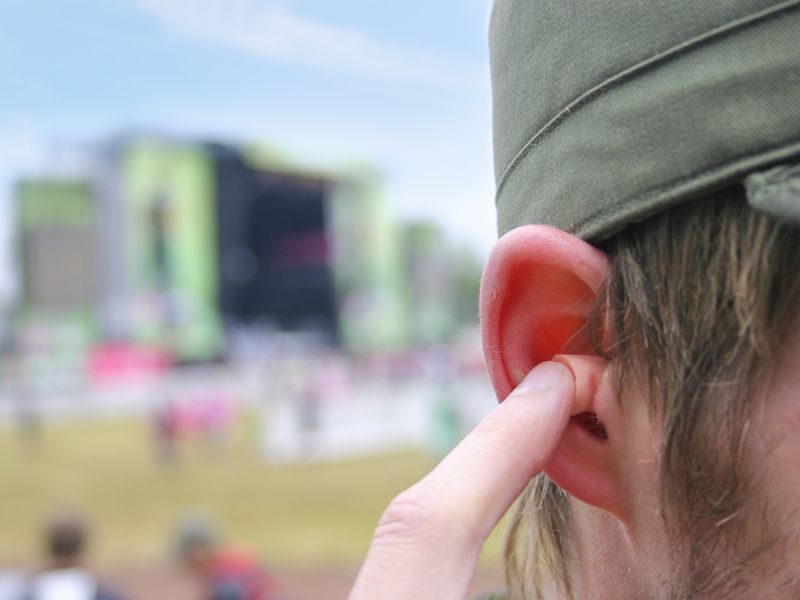
Earplugs can be helpful if you’re exposed to loud noises, such as, something as straightforward as a spouse who is snoring, or a lawnmower in your yard, or going to a concert at an arena. Lowering the volume is the way earplugs can help in the first two circumstances. In the last instance, they bring down the decibels plus help save your peace of mind (and possibly your marriage) by enabling you to get a good night’s sleep. But are these ear protectors, really, causing damage to your ears?
What’s The Purpose of Utilizing Earplugs?
The case for earplugs is fairly simple: When used properly, earplugs can help safeguard your ears by reducing your direct exposure to extreme decibel levels. Maybe you’ve observed that your hearing sounds different when you leave a loud venue, for instance, a football game with a loud crowd, and you could also experience symptoms of tinnitus. This happens because those extremely loud noises can actually bend the small hair cells in your inner ear. In a day or two, when the hairs have recovered, it often goes back to normal.
But in many situations, there is a persistent attack on those little hairs, particularly if you work in a high volume trade like the music business or around jet planes. Rather than recovering after bending, the cells are damaged permanently. inside of each cochlea, you have about 16,000 of these little hair cells, but up to 50% of them can be injured or destroyed before your hearing has altered enough for the problem to show up in a hearing assessment.
How Might Your Ears be Injured by Using Earplugs?
When it comes to safeguarding your hearing, you’d think it would be obvious to make use of earplugs. But primarily if you’re in scenarios where you’re subjected to loud noises all the time (like on the job or with the above mentioned snoring spouse), over-the-head earmuffs or noise-reducing (but not completely blocking) headphones are a smarter choice. Earplugs aren’t the best choice for daily use but are better suited to one off occasions like a concert or sporting events.
Why? For one, earwax. Your ears produce wax to protect themselves, and if using earplugs is something you do frequently, they will make more of it, and you’ll probably jam it in with the plugs. This can cause issues such as impacted earwax, which can cause tinnitus and other hearing concerns.
An ear infection can also be the consequence from too much use of earplugs. They can become bacteria traps if you use the same pair without proper cleaning and disinfecting. Ear infections are, at a minimum, a painful annoyance. If left untreated, in the worst instances, they can result in an ear infection.
How Can You Make Use of Earplugs Without Risk?
Whether it’s a good night sleep or safeguarding your ears, there’s still a strong upside to wearing earplugs. You just have to be certain you’re using the proper kind and using them the proper way. The porous material of foam earplugs is a germ sanctuary so it’s a helpful thing that they are the least costly. Wax or silicone earplugs are reusable, but you need to keep them clean, wash them with warm water and mild soap to clean them, and you shouldn’t put them back in your ears until they’re completely dry. Buildup of dampness can cause bacteria or mold so keep your earplugs in a well ventilated place.
If you need or want to wear earplugs on a regular basis, you may want to talk to us about getting custom-made earplugs. These are constructed from unique molds of your ears, they can be reused and since they’re fitted to your ears, their comfortable. But it’s important not to forget, smart earplug hygiene can stop hearing damage.
